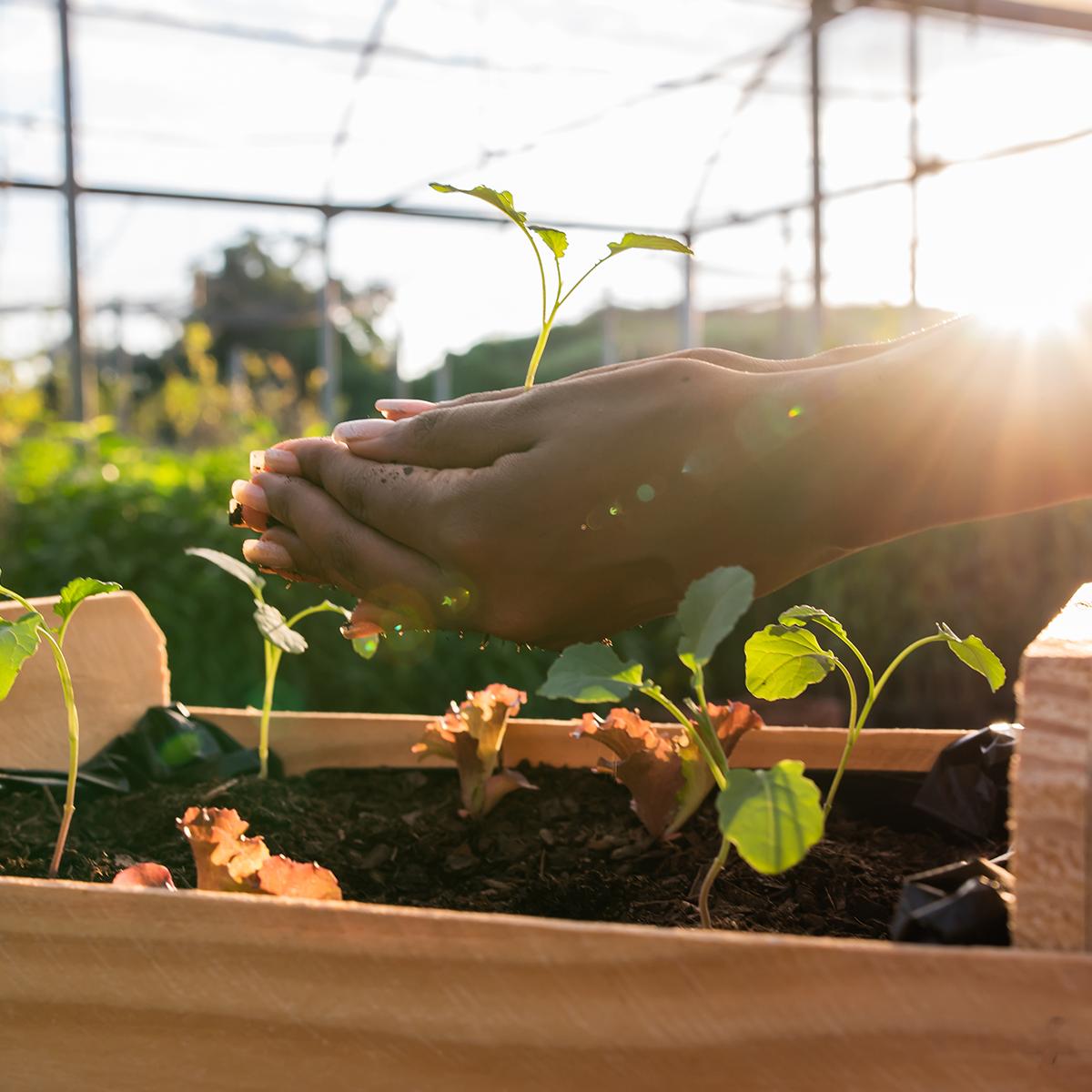Building Blocks Assessment
Fostering broad multi-stakeholder participation

Pilot Country: Uganda
The content of the guide and toolkit was based on best practices and consultations conducted by implementing partners with 21 national stakeholders that included government agencies, NGOs, Academia, Research Institutions, the private sector and financiers.
The usability of the content was piloted in Uganda, including an assessment of the readiness to the five building blocks of the guide:
- Identification, selection, and inclusion of stakeholders
- Analysis of the food system
- Insights on the types of governance approaches
- Process translated into action
- Institutionalization, funding of Multi-stakeholder collaboration for sustainable food systems transformation
The piloting of the guide allowed the country to:
- Enhance a stakeholder mapping and analysis
- Identify the importance of leadership to promote Uganda’s Scaling up Climate Ambition on Land Use and Agriculture (SCALA project)[1] across different entities with a systems thinking
- Ensure buy-in and continuity of the project
- Conduct efforts to attract the private sector
- Promote advocacy efforts for climate action across all stakeholders
[1] Uganda has undertaken steps to implement the Nationally Determined Contribution (NDC) and increase its ambition. The country developed its latest NDC through inclusive and participatory processes and aligned the NDC with its climate-resilient, long-term emission strategy. Most significantly is Uganda’s formulation of the National Climate Change Act 2021 to give the force of law to the Paris Agreement. Agreement. The Support Programme on Scaling up Climate Ambition on Land Use and Agriculture through NDCs and NAPs (SCALA) is a multi-year initiative funded by Germany’s Federal Ministry for the Environment, Nature Conservation, Nuclear Safety and Consumer Protection (BMUV) through its International Climate Initiative (IKI).
Ensuring a good understanding of the food system

Nurturing inclusive and effective collaboration

Defining a compass and a roadmap

Securing sustainability of collaboration
